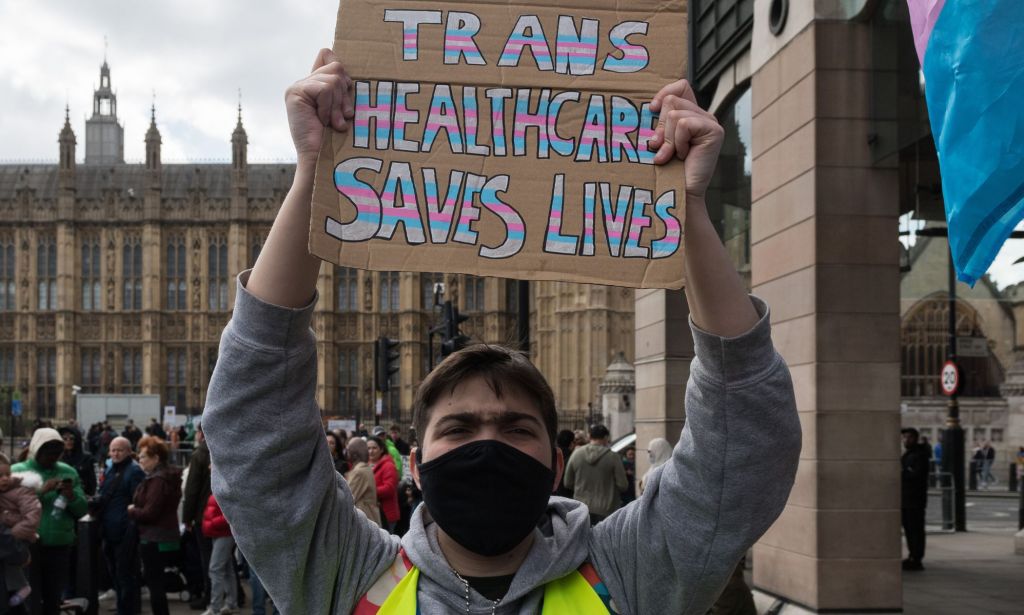Puberty blockers are ‘safe, effective and reversible’, independent study finds
A study found that puberty blockers are 'safe, effective, and reversible' (Getty)
An independent review into puberty blockers has found they are generally safe to be used by transgender youngsters, and, despite what some people claim, the effects can be reversed.
Research commissioned by the New South Wales government in Australia found that the benefits of the medicine, which have been under increased scrutiny recently, outweigh any potential drawbacks.
The medication, primarily used by those under the age of 18, delays unwanted elements of physical puberty. The NHS has described the effects as reversible, and there is no definitive evidence that it is harmful.
The review was commissioned after a 2021 episode of the ABC watchdog series Four Corners claimed that there were “high rates of adverse childhood experiences” at the gender clinic at Westmead Children’s Hospital, in Sydney.
In response, the Sax Institute was asked to look at the quality of research into puberty blocker treatments for trans youngsters.
Studying 82 papers on gender-affirming care, including 17 on puberty-suppressing treatments, the report found that medical interventions are “safe, effective, and reversible”.

Its conclusion came from an Evidence Check update to an original report, which found that several studies, especially those conducted and published in Australia between 2000 and 2019, remained “limited to poor”.
The report went on to claim: “The evidence base was dominated by studies without control or reference group comparisons. This limitation was compounded by the complex nature of gender-affirming models of care for people experiencing gender dysphoria, which may involve multi-faceted interventions that are often concurrent and/or delivered over a long period of time.”
The lack of well-researched studies can make it difficult for clinicians to make specific evaluations for patients and decide on the best approach, the original report said.
In its Evidence Check, the Sax Institute added that newly identified studies into the findings of puberty-blocking hormones reinforced its findings that the treatment is safe, although more research needs to be done.
“Although studies reporting positive mental health outcomes following [hormone treatment] outnumber those with neutral or negative findings, considerable flaws remain in the evidence because of generally low participation rates of target groups, inadequate representation of young people and/or poor study designs and conduct.”
It concluded that the identified studies “reported positive results across the domains of body image, gender dysphoria, depression, anxiety, suicide risk, quality of life and cognitive function… however, neutral and some negative findings were also reported in these domains. Additionally, two studies reported no changes in mental health care use following gender-affirming pharmaceutical care”.
The Sax Institute noted that bone density remains a factor which should be monitored by clinicians and could be a potential risk, although, it added, evidence of this “remains low”.
In the UK, the NHS has paused prescribing puberty blockers for trans youth in England Wales and Scotland. Meanwhile, a ban on private prescriptions for puberty blockers was implemented by the ousted Conservative government in May, and is currently being defended by the newly-elected Labour government and health secretary Wes Streeting.
It comes as the highly contentious Cass Report into gender youth services, published in April, urged ‘extreme caution’ around the medication.
Share your thoughts! Let us know in the comments below, and remember to keep the conversation respectful.

